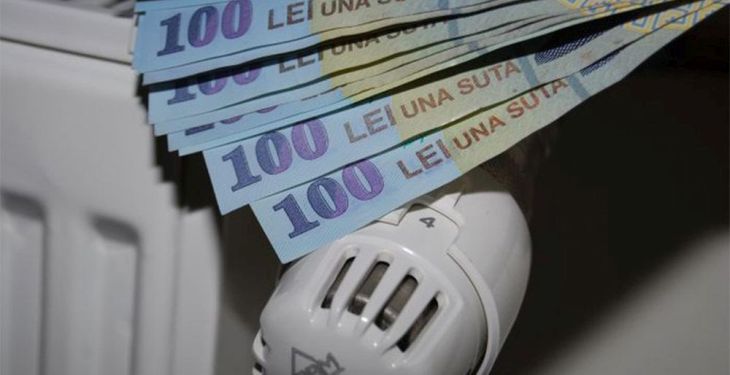The legislative changes that are preparing to be adopted in Brussels in the field of methane emissions, with the tacit agreement of Romania’s representatives, can have a significant impact on Romanian consumers, practically it is one of the causes that can bring increases in the price of natural gas in Romania, claim officials of the Intelligent Energy Association (AEI).
“Absolutely everyone, when they hear about methane emissions, immediately think of the danger of explosions. Aspect that concerns authorities, operators and citizens alike. At the moment worldwide, a new connotation of these methane emissions has appeared, the ecological one. We believe that this problem requires a responsible approach, without extreme approaches and without bringing limitations on the sovereignty of Romania’s actions, which is why the Smart Energy Association is launching the Intelligent Energy Efficiency campaign, the theme: Monitoring gas installations to avoid possible emissions in a responsible manner,” claim AEI officials.
Methane is, along with CO2 and nitrogen oxide, one of the main greenhouse gases. Although carbon dioxide is “guilty” of 80% of global warming, methane traps 25 times more heat. Currently, its concentration in the atmosphere is much lower than that of CO2. While CO2 exceeded 400 parts per million, methane reached 1,834 parts per million.
Analyzes in recent years have found that after years in which methane emissions had stabilized, a decade ago they began to rise again and have not done so until now. In a span of 10 years, the concentration of methane in the atmosphere increased 20 times. In the case of large amounts of methane released into the atmosphere, there is no time for it to be assimilated in nature.
“To avoid a two-degree rise in global temperature, we not only need to reduce CO2 emissions, but also methane emissions. But this approach must start from real data and not turn this action into a marketing action or stop the use of natural gas only to be replaced by other energy sources,” say AEI officials.
Methane leaks (controlled or unintended) have come into the spotlight in recent years, and projects to reduce methane emissions have emerged with the aim of slowing the pace of the global climate crisis.
At the COP26 climate summit in Glasgow, more than 100 countries joined the Global Commitment to Cut Methane Emissions which proposes an ambitious target to reduce methane emissions by “at least 30% from 2020 to 2030 levels.”
“Romania is not among the signatory countries of the Commitment, although it is the second gas producer and one of the largest oil producers in the EU.
At the EU level, a European Regulation on the mandatory monitoring of gas installations to avoid possible emissions is in the process of being adopted this year. Operators will need to carefully document all wells and mines, pipelines and facilities, monitor their emissions and take appropriate mitigation measures to prevent and minimize methane emissions from their operations.
For example, the practices of venting into the atmosphere and/or flaring of technological gases, mandatory to be able to ensure their extraction/transport/distribution, will be prohibited. The ban is to apply immediately after the entry into force of the regulation.
Even though any methane emissions must be minimized and natural gas flaring must be limited in order to reduce CO2 emissions, these activities must be carried out responsibly and reasonably, taking into account the true impact of methane emissions from anthropogenic industrial activity.”
